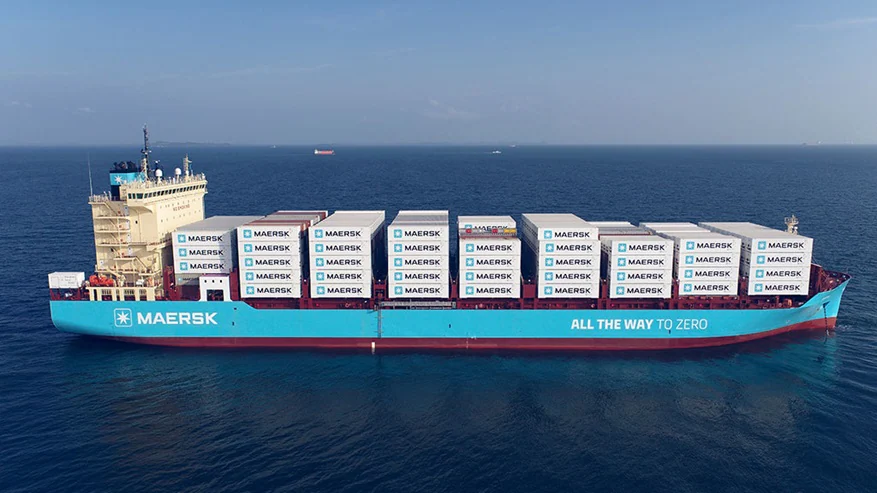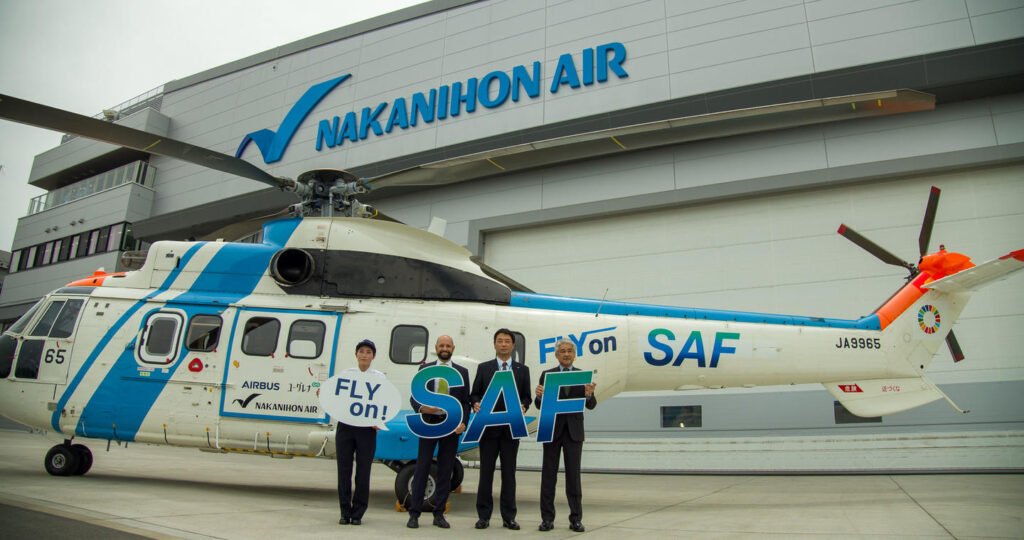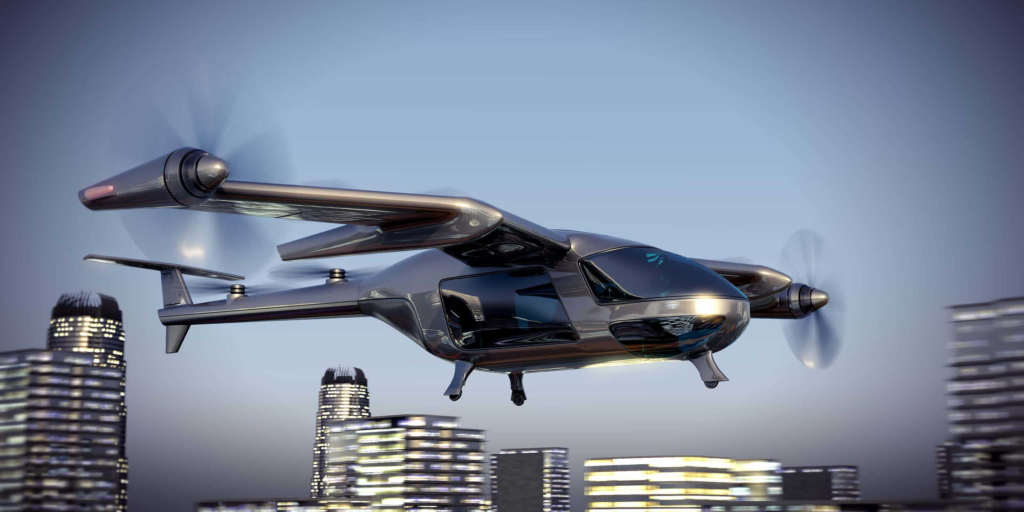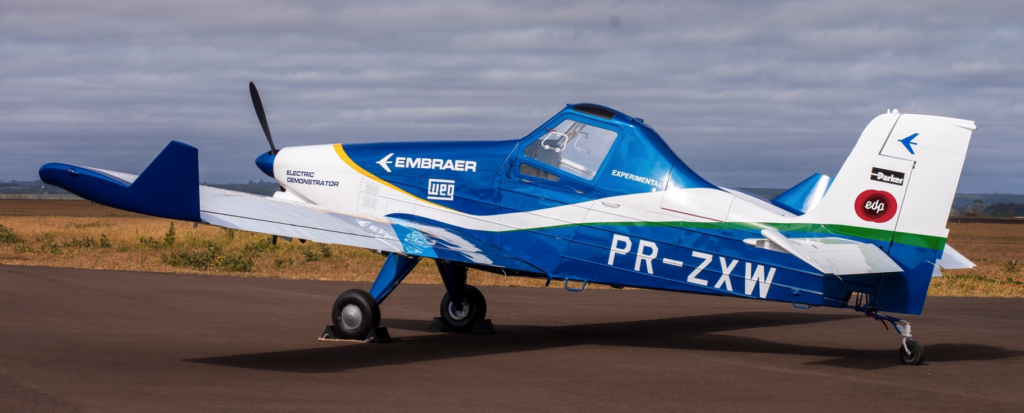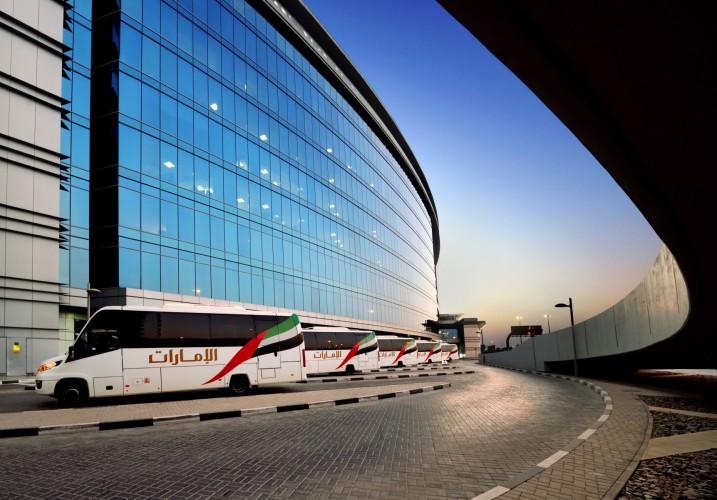Maersk finalizes ECO delivery deal with Amazon
Florham Park, New Jersey, September 6, 2023 – A.P. Moller - Maersk (OTC: AMKBY) and Amazon have finalized a 2023-2024 agreement for the transport of 20,000 FFE containers using green biofuel through Maersk’s “ECO Delivery”…
